The government has finally confirmed portfolios for new Department for Education ministers appointed in Liz Truss’s first reshuffle.
Andrea Jenkyns remains minister for skills – although her title has been shortened from “minister for skills, further and higher education”. Meanwhile Baroness Barran – who had been minister for the school system – is now minister for the school and college system.
According to the DfE website, Jenkyns’ role now also includes strategy for post-16 education and covers funding for educating or training 16- to 19-year-olds, however higher education reform and Covid-19 recovery for further and higher education are no longer listed in her responsibilities.
Obligations she held for reducing NEETs (not in education, employment or training) and careers education and guidance have moved across to Barran.
In addition, Barran’s role includes education provision and outcomes for 16- to 19-year-olds, governance and accountability of colleges, and intervention and financial oversight for further education colleges.
The DfE has confirmed that universities will come under the skills portfolio, and said that the FE brief has been split between two ministers given its breadth. Jenkyns will drive the skills agenda and Barran take responsibility for the college system, it said.
Elsewhere, the previous schools and children and families briefs have been carved up and shared between new ministers Kelly Tolhurst and Jonathan Gullis.
In another sign Truss plans to make good on her promise to open more grammar schools, Tolhurst’s brief includes “strategy for schools, including standards and selection”.
She will also oversee exams and SEND. While Gullis will take charge of overseeing school accountability, behaviour and catch-up.
Here’s what’s in each minister’s brief…
Kit Malthouse, education secretary
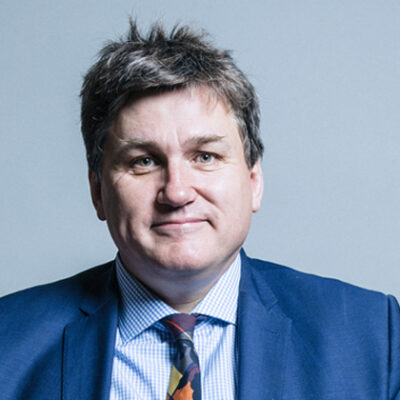
Early years
Children’s social care
Teacher quality, recruitment and retention
The school curriculum
School improvement
Academies and free schools
Further education
Apprenticeships and skills
Higher education
Andrea Jenkyns, skills minister
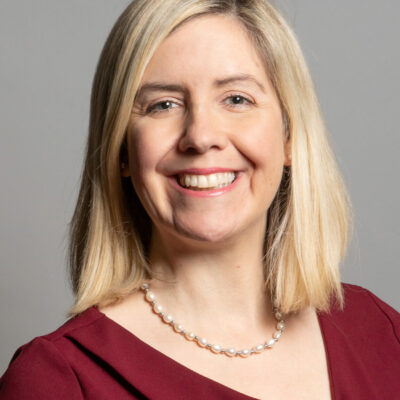
Strategy for post-16 education
T-levels
Qualifications reviews (levels 3 and below)
Higher technical education (levels 4 and 5)
Apprenticeships and traineeships
Funding for education and training for 16 to 19 year olds
Further education workforce and funding
Institutes of Technology
Local skills improvement plans and Local Skills Improvement Fund
Adult education, including basic skills, the National Skills Fund and the UK Shared Prosperity Fund
Higher education quality
Student experience and widening participation in higher education
Student finance and the Lifelong Loan Entitlement (including the Student Loans Company)
International education strategy and the Turing Scheme
Baroness Barran minister for the school and college system

Academies and multi-academy trusts
Free schools and university technical colleges
Faith schools
Independent schools
Home education and supplementary schools
Intervention in underperforming schools and school improvement
School governance
School capital investment (including pupil place planning)
Education Investment Areas (jointly with Parliamentary Under Secretary of State (Minister for the School Standards))
Education provision and outcomes for 16 to 19 year olds
College governance and accountability
Intervention and financial oversight of further education colleges
Careers education, information and guidance including the Careers and Enterprise Company
Reducing the number of young people who are not in education, employment or training
Safeguarding in schools and post-16 settings
Counter extremism in schools and post-16 settings
Departmental efficiency and commercial policy
Kelly Tolhurst, schools and childhood minister
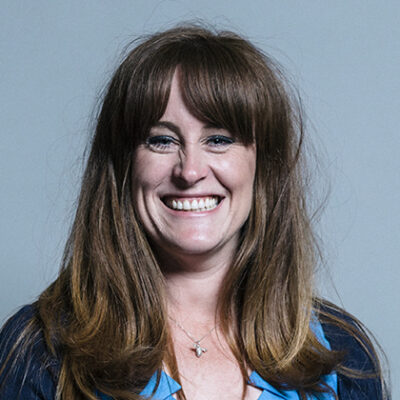
Strategy for schools, including standards and selection
Qualifications (including links with Ofqual)
Curriculum including relationships, sex, and health education and personal, social, health and economic education
Admissions and school transport
Early years and childcare
Children’s social care
Children in care, children in need, child protection, adoption and care leavers
Disadvantaged and vulnerable children
Families, including family hubs and early childhood support
Special educational needs and disabilities (SEND), including high needs funding
Alternative provision
School food, including free school meals
Children and young people’s mental health, online safety and preventing bullying in schools
Policy to protect against serious violence
Jonathan Gullis, school standards minister

School accountability and inspection (including links with Ofsted)
Standards and Testing Agency and primary assessment
Supporting a high-quality teaching profession including professional development
Supporting recruitment and retention of teachers and school leaders including initial teacher training
Teaching Regulation Agency
National Tutoring Programme
Education Investment Areas (jointly with Parliamentary Under Secretary of State (Minister for the School and College System))
School revenue funding, including the national funding formula for schools
School efficiency and commercial policy
Pupil premium
Behaviour, attendance and exclusions
School sport
Digital strategy and technology in education (EdTech)













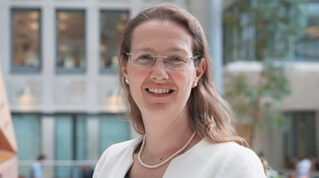

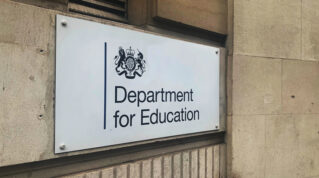

Your thoughts